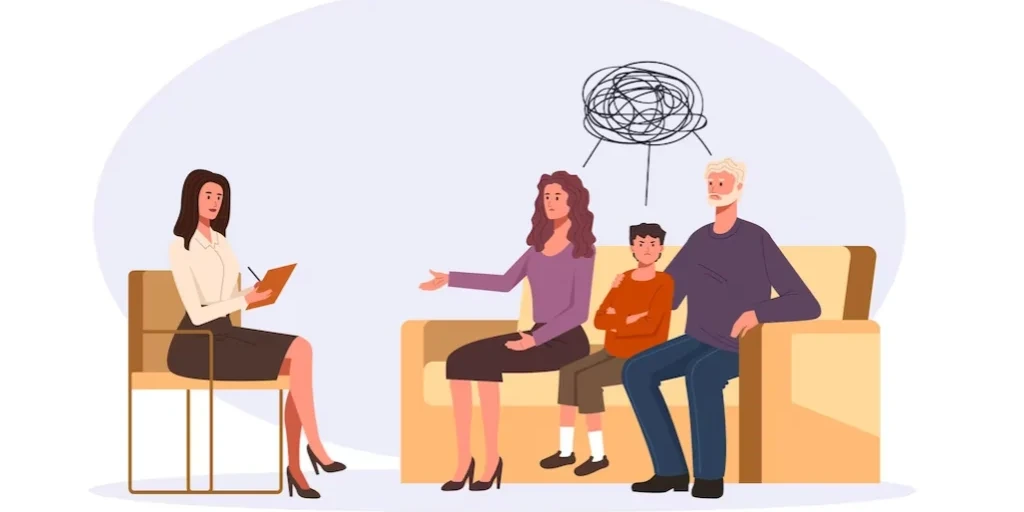24/7 Helpline:
(866) 899-221924/7 Helpline:
(866) 899-2219
Learn more about Group Therapy centers in Providence

Other Insurance Options

Carleon

Self-pay options

Providence

Choice Care Network

MVP Healthcare

Evernorth

UMR

Meritain

Covered California

Cigna

State Farm

Sutter

UnitedHealth Group

BHS | Behavioral Health Systems

Horizon Healthcare Service

BlueCross

Private insurance

Health Partners

Aetna

Health Choice










